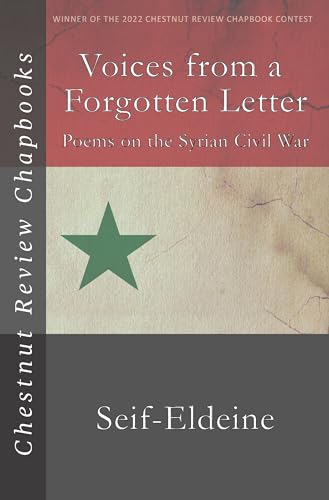Do, Die, or Get Along weaves together voices of twenty-six people who have intimate connections to two neighboring towns in the southwestern Virginia coal country. Filled with evidence of a new kind of local outlook on the widespread challenge of small community survival, the book tells how a confrontational "do-or-die" past has given way to a "get-along" present built on coalition and guarded hope. St. Paul and Dante are six miles apart; measured in other ways, the distance can be greater. Dante, for decades a company town controlled at all levels by the mine owners, has only a recent history of civic initiative. In St. Paul, which arose at a railroad junction, public debate, entrepreneurship, and education found a more receptive home.The speakers are men and women, wealthy and poor, black and white, old-timers and newcomers. Their concerns and interests range widely, including the battle over strip mining, efforts to control flooding, the 1989-90 Pittston strike, the nationally acclaimed Wetlands Estonoa Project, and the grassroots revitalization of both towns led by the St. Paul Tomorrow and Dante Lives On organizations. Their talk of the past often invokes an ethos, rooted in the hand-to-mouth pioneer era, of short-term gain. Just as frequently, however, talk turns to more recent times, when community leaders, corporations, unions, the federal government, and environmental groups have begun to seek accord based on what will be best, in the long run, for the towns.The story of Dante and St. Paul, Crow writes, "gives twenty-first-century meaning to the idea of the good fight." This is an absorbing account of persistence, resourcefulness, and eclectic redefinition of success and community revival, with ramifications well beyond Appalachia.


